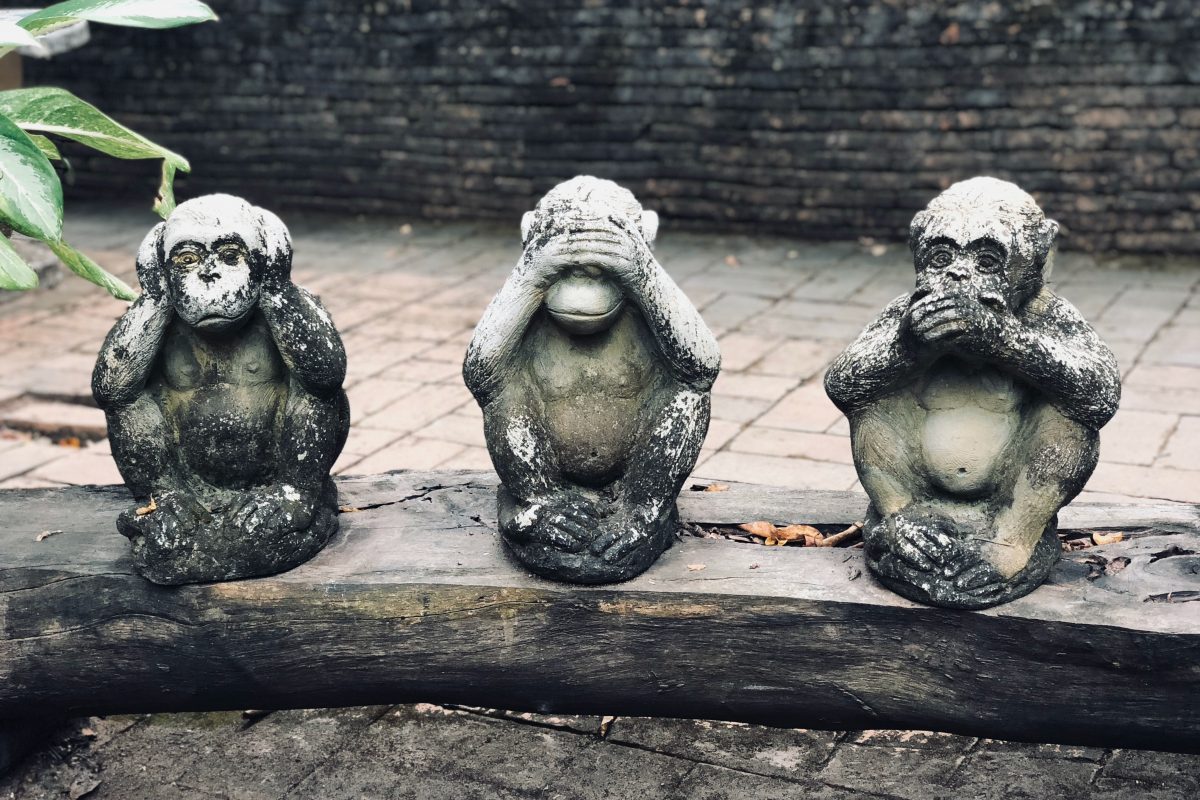What is knowledge?
11/5/20 / Andrew Streight


Getting back to my roots as a philosophy major, I’m exploring the word “knowledge” and what it actually means from a logical and philosophical standpoint. When do you actually “know” something? What is the difference between belief and knowledge?
While the debate of what constitutes someone “knowing” something has progressed for thousands of years within philosophical discourse, the general definition for knowledge for much of philosophical history was “justified true belief.” We can refer to this definition as a logical one, as it can be formulated as a logical proof. It has been a while since I have done one of these, but we can set up a proof for whether a person knows something. For example, consider “Sam”:
Premise A: Sam believes x.
Premise B: Sam is justified in believing x to be true.
Premise C: X is factually true.
Conclusion: Sam knows x.
Based on the “justified true belief” definition of knowledge, this tells us that Sam “knows” x because he believes x, is justified in believing x to be true, and x is actually true.
Here, it is not enough to believe something; to have knowledge, something must also be justified and factually true. If we make “x” a real proposition such as “it is raining right now in Denver, Colorado,” the logical requirements for what constitutes “knowledge” vs. “belief” become a bit more tangible:
- For Premise A, obviously Sam can believe what he wants, but this is the first logical step in exhibiting knowledge – positing an assertion about something.
- Premise B is where the line between belief and knowledge gets clearer, as Sam needs to be “justified” in believing that it is raining right now in Denver, Colorado. What might count as justification in this case could be from simple observation (i.e. Sam is currently in Denver, Colorado and can see that it is raining outside) or from gathering information (i.e. Sam looked at AccuWeather and saw that it is raining right now in Denver, Colorado).
- Premise C, then, refers to whether the justified belief lines up with a factual proposition about the world. In this case of rain in Denver, it should be clear how we would tell if Sam’s belief is, in fact, true.
In 1963, a man named Edmund Gettier poked a hole in this definition of “knowledge” as “justified true belief” with just two examples he shared in an article titled “Is Justified True Belief Knowledge?”. I’ll share just one of the examples verbatim here as it is short and to the point (see here for the second example and full paper):
Suppose that Smith and Jones have applied for a certain job. And suppose that Smith has strong evidence for the following conjunctive proposition:
(d) Jones is the man who will get the job, and Jones has ten coins in his pocket.
Smith’s evidence for (d) might be that the president of the company assured him that Jones would in the end be selected, and that he, Smith, had counted the coins in Jones’s pocket ten minutes ago. Proposition (d) entails:
(e) The man who will get the job has ten coins in his pocket.
Let us suppose that Smith sees the entailment from (d) to (e) and accepts (e) on the grounds of (d), for which he has strong evidence. In this case, Smith is clearly justified in believing that (e) is true.
But imagine, further, that unknown to Smith, he himself, not Jones, will get the job. And, also, unknown to Smith, he himself has ten coins in his pocket. Proposition (e) is then true, though proposition (d), from which Smith inferred (e), is false. In our example, then, all of the following are true: (i) (e) is true, (ii) Smith believes that (e) is true, and (iii) Smith is justified in believing that (e) is true. But it is equally clear that Smith does not know that (e) is true; for (e) is true in virtue of the number of coins in Smith’s pocket, while Smith does not know how many coins are in Smith’s pocket, and bases his belief in (e) on a count of the coins in Jones’s pocket, whom he falsely believes to be the man who will get the job.
So, what exactly constitutes knowledge, then? Gettier challenged the notion that the three premises above truly are sufficient for constituting knowledge, though they are necessary. While Gettier’s examples perhaps soften the universality of the “justified true belief” definition, does it hold implications for how people approach “knowing” something?
Maybe so. As we often see in our work, people hold beliefs about an organization that may be true, but they may not actually be justified in believing that about the organization. So much of our work comes down to our ability to illuminate people’s justifications for believing something (Premise B), and how we can connect their beliefs (Premise A) with what is factually true about an organization (Premise C).
Aside from the intrigue of the philosophical inquiry into the nature of knowledge, there are practical implications for how we understand “knowledge” broadly as well as for how we approach the limits of knowledge and understanding, a study also known as “epistemology.” Practically, this is important in our work because a lot of our work revolves around the fine line between what someone knows and what someone believes they know. And how do we help draw this line? We employ data to demonstrate people’s inner perceptions, beliefs, and attitudes through surveys, focus groups, and interviews.